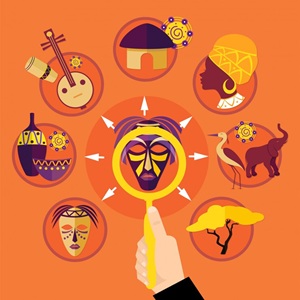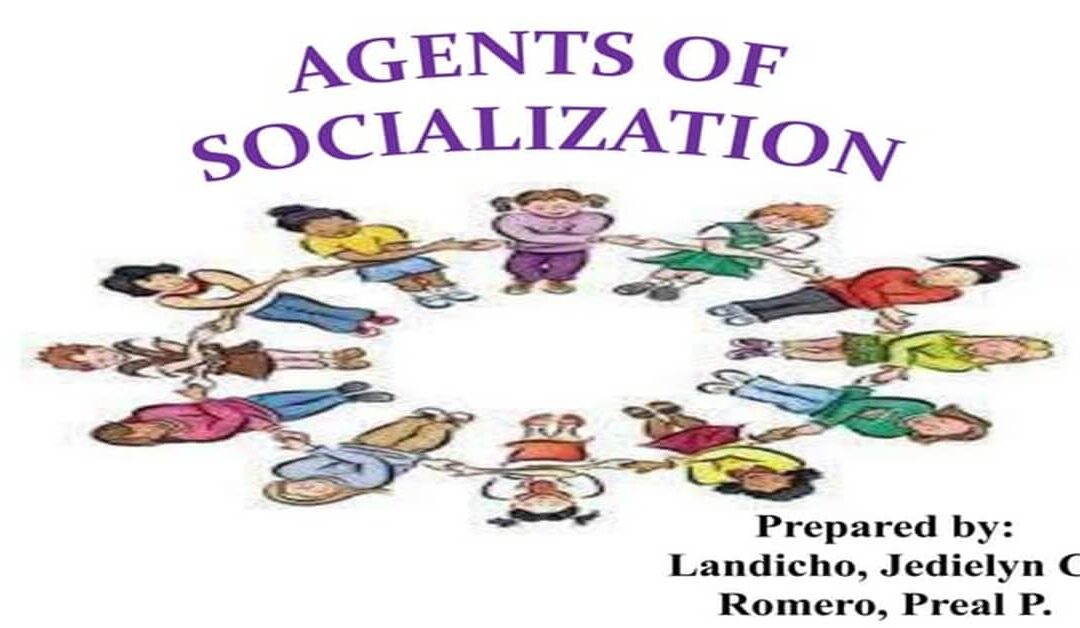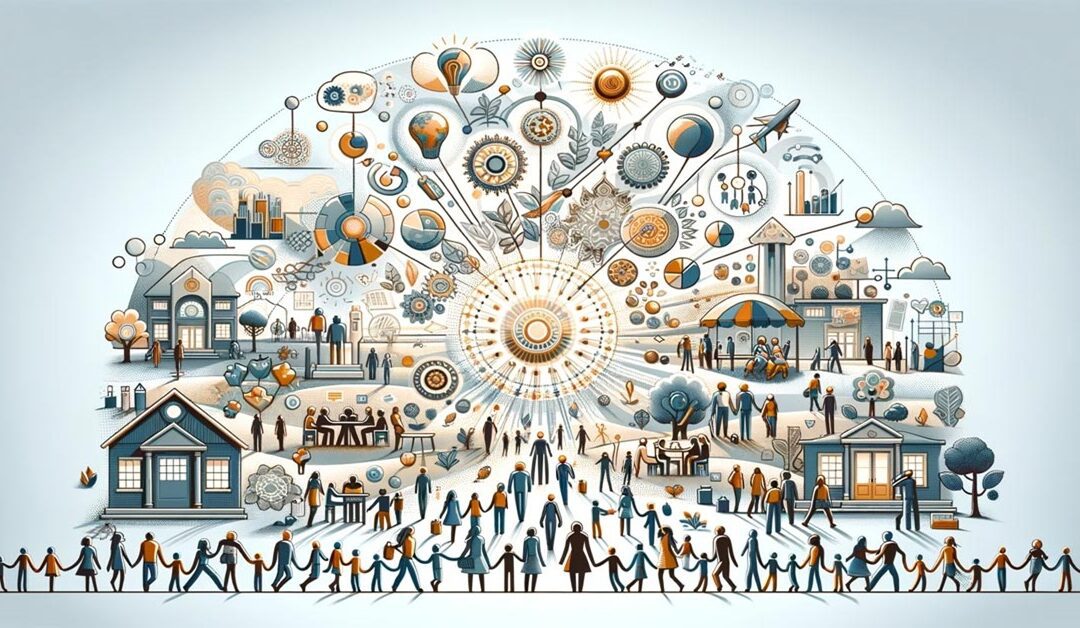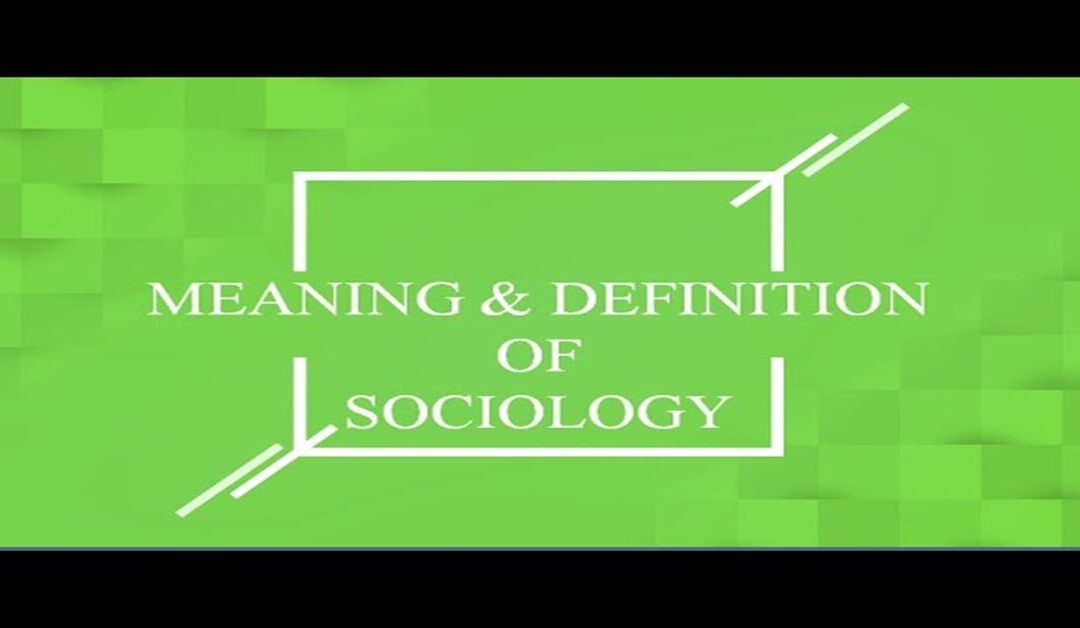
Characteristics of Culture
Culture is one of society’s most profound gifts, shaping behaviors, beliefs, and ideals over generations. It is a complex and dynamic force, guiding our daily lives, interactions, and values. Below, we explore the core characteristics of culture and how they influence society and individual identities.
1. Culture is Social
Culture is a collective phenomenon, not confined to individuals. It embodies the customs and norms society imparts to its members, including behaviors like eating habits, dressing styles, personal grooming, and social etiquette. These practices are not just preferences but established norms upheld by the society at large. Culture, therefore, is inherently social—it emerges from communal life and serves as a framework for expected behaviors. Social life, steeped in traditions, moral codes, literature, and religious practices, is a reflection of this cultural influence.
2. Culture is Learned, Not Inherited
Unlike instinctual behaviors found in animals, culture is acquired through learning. It is not passed down biologically but socially; it is taught, shared, and refined by human experience. Through interaction with elders and peers, humans internalize cultural norms and values, shaping their personalities and social roles. This learning process is unique to humans, setting them apart from other species that largely rely on instinctual behaviors rather than learned practices.
3. Culture is Shared
Culture belongs to society as a whole, not to any one individual. It encompasses a shared collection of language, ethics, customs, and beliefs, binding individuals together through common practices. As anthropologist Robert Bierstedt put it, culture is “the things that more than one people follow or have, believe, use and adopt.” Its collective nature enables it to survive and flourish, reinforcing communal identity and cohesion.
4. Culture is Portable
One of culture’s most unique traits is its ability to transcend time, continuously passed down from one generation to the next. Language, emotions, traditions, and customs serve as vehicles for this transmission, helping to sustain culture’s relevance across eras. Formal education and socialization play vital roles in this process, emphasizing the importance of understanding and preserving cultural values for future generations.
5. Culture is Relative and Transformative
Culture is not a fixed entity; it evolves with societal shifts and technological advances. Traditions, moral codes, and customs adapt to reflect the changing needs and values of society, leading to the development of new practices while preserving core ideals. This transformative aspect of culture encourages innovation and allows society to respond to emerging challenges, creating pathways to new ways of life.


6. Culture is Persistent and Cumulative
Culture is both enduring and progressive, a continuous stream of human achievements accumulated over generations. It retains elements of the past while embracing new influences, making it a cumulative force that integrates the old and the new. This persistence gives culture a timeless quality, allowing it to endure while staying relevant to contemporary life.
7. Culture is Uniform and Comprehensive
The influence of culture permeates every aspect of society, from economic and political systems to religious and educational institutions. This unity within culture’s diverse elements creates a cohesive structure that reinforces societal norms. The interconnectedness of cultural elements allows society to maintain a harmonious balance, giving culture a holistic quality.
8. Culture Satisfies Basic and Social Needs
Culture fulfills both biological and social needs, providing the environment necessary for human well-being. It defines the activities, roles, and interactions that satisfy individual and collective requirements. Whether through rituals, customs, or shared beliefs, culture is central to sustaining life and fostering social harmony.
9. Culture as a Model for Ideals
Culture offers a blueprint for exemplary behavior within a society, promoting ideals of manners, traditions, and ethics that guide individuals. By encouraging imitation and adherence, culture supports societal welfare and individual well-being. It champions values and practices that protect and enhance the lives of community members.
Conclusion
In sum, culture is a tapestry woven from the threads of human experience, learning, and expression. Its social, shared, transformative, and enduring nature shapes our world, creating a rich heritage that evolves with each generation. Through culture, society builds a foundation of values and ideals that inform, guide, and inspire us all.





